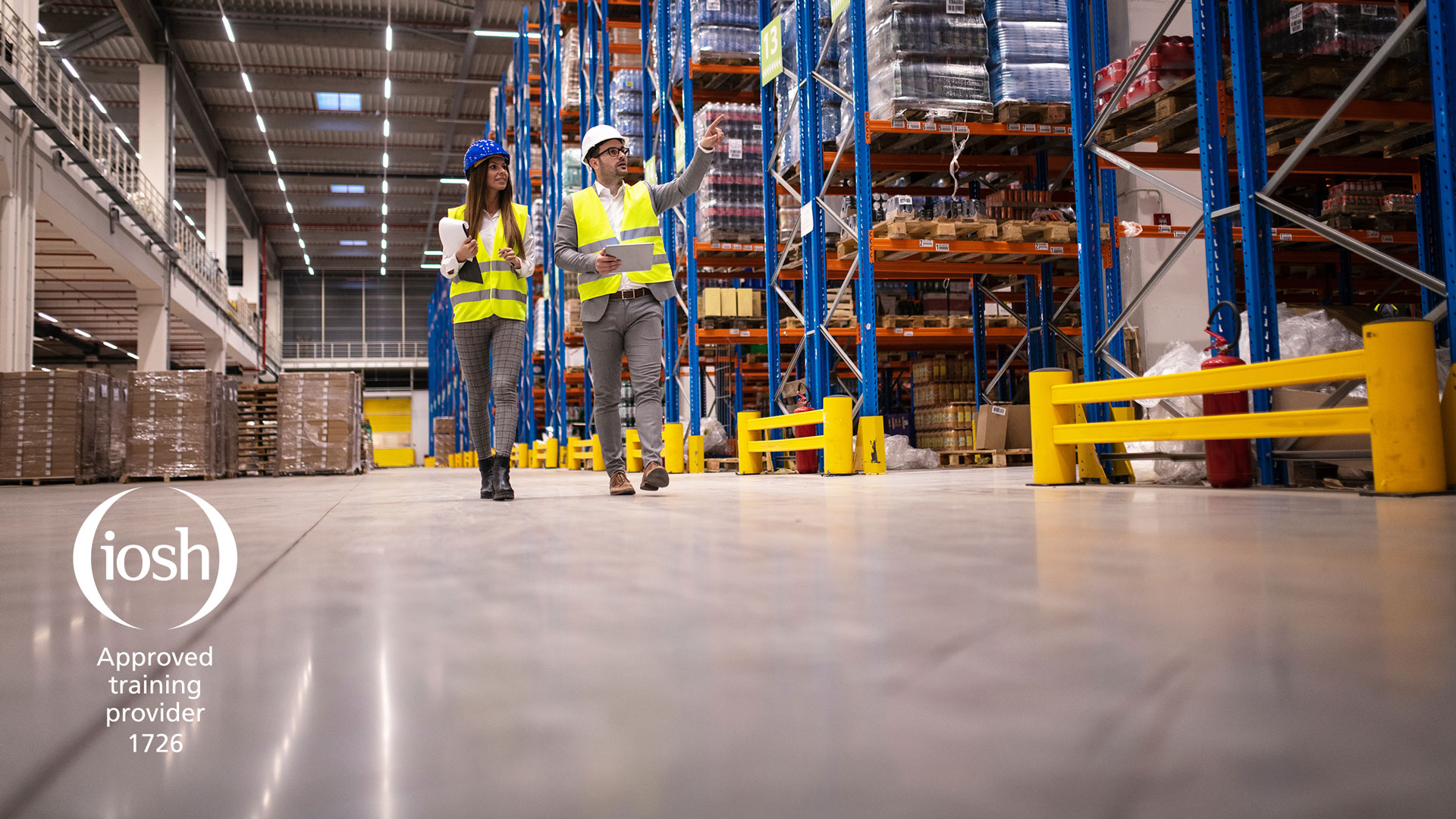In response to the ongoing Coronavirus outbreak, the Institution of Occupational Safety and Health (IOSH) has issued guidance on some key actions that organisations can take to manage traveller health, safety and wellbeing. Here are the main points:
Ensure you have proportionate and robust policies, procedures and controls in place. Communicate them to all relevant parts of your organisation, providing information, instruction and training as appropriate.
Consider whether travel is absolutely necessary – can you achieve the same result with video conferencing and spare the organisation and traveller the risk, time, cost and environmental impact?
If travel is deemed necessary then you need to effectively but proportionately manage the risk, with controls identified and implemented that reflect the nature and severity of the risk. Such controls should be identified through a travel risk assessment, incorporating not only the travel, accommodation and work itself but also the traveller’s physical and mental capabilities. The travellers themselves should be involved in this process.
You will always need to know where your workers are and where they are going. Some travel management systems provide tracking and alert functions, and there are also products utilising GPS in either discrete equipment or smartphone apps that can provide live location tracking.
Should your travellers become involved in an incident or emergency situation, you need to have a means by which to provide support for them. Considering issues such as number of travellers, international time differences and weekend travel it is potentially cost and resource-effective to implement a travel assistance scheme such as those provided by business insurers or commercial organisations such as International SOS, with whom IOSH collaborated on research and guidance on Managing the safety, health and security of mobile workers (2016).
You should also provide relevant information, instruction and training to travellers, the nature and extent of which should be identified during the risk assessment process.
Finally, don’t forget your travellers’ wellbeing. Frequent international travel has been shown to have negative effects on both physical and mental health, with situations such as a disease outbreak providing further sources of concern.
This article in full is available at www.iosh.com/more/news-listing/coronavirus-seven-ways-to-protect-travelling-employees/
You may also be interested in
RELATED CONTENT
RELATED COURSES

Introduction to health and safety gives learners a basic introduction to managing safety in their workplace.

The world’s best-known health and safety certificate, designed for managers and supervisors in any sector or organisation.

IOSH Working Safely is a one-day introductory health and safety training course for people at any level, in any sector.

IOSH Managing Safely Refresher is designed to provide continued support to managers dealing with workplace health and safety issues.

Health and safety at work is a serious business; getting it wrong could end up costing someone their life. It stands to reason that there should be so...

The legal term ‘reasonably practicable’ plays a crucial role in determining the level of care and precautions required in different areas of law, such...

Vicarious liability can be a formidable challenge for employers, causing responsibility to extend beyond the individual and creating shared accountabi...

Although we are edging closer to spring, many of us are still being affected by wintery weather and the shorter daylight hours. So, what can you do to...